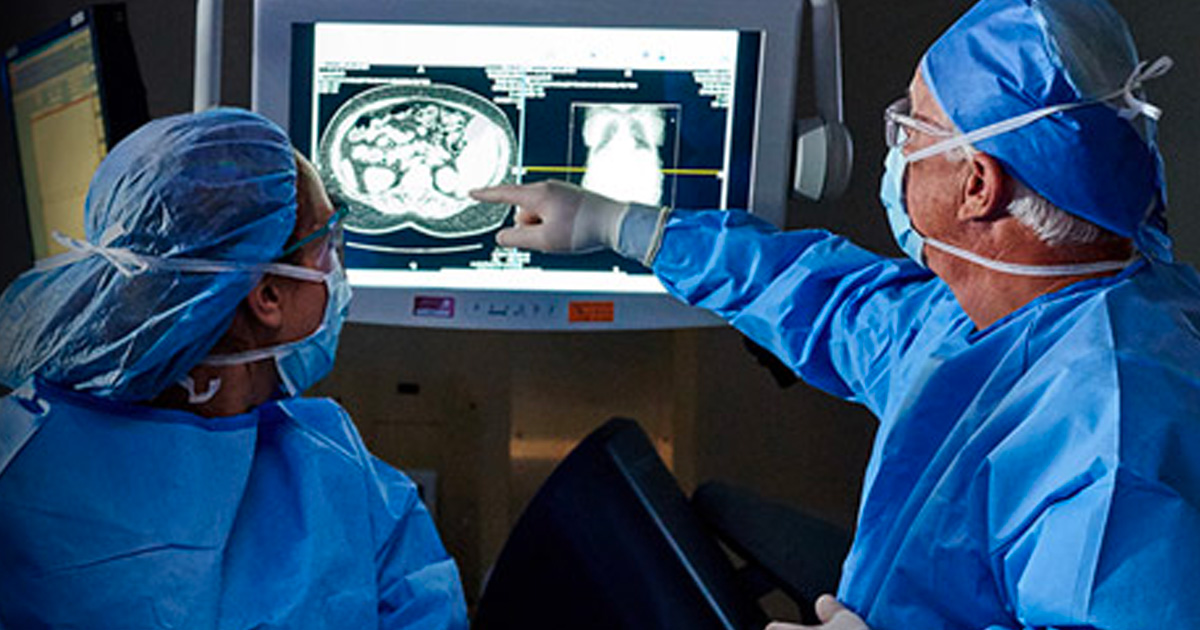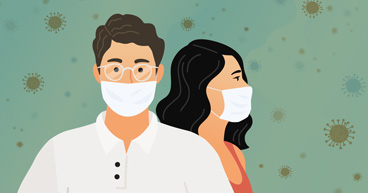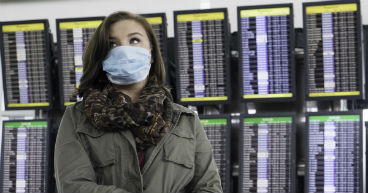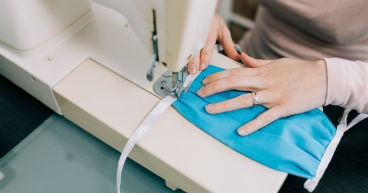
Update: The U.S. Centers for Disease Control and Prevention (CDC) now recommends everyone wear cloth face coverings in public places, such as grocery stores, where social distancing may be difficult. The CDC says these coverings may help slow the spread of COVID-19 by people who may have the virus, but are not yet exhibiting symptoms. The agency suggests making masks from old clothing or other household materials, but it does not recommend using surgical masks or N95 respirators, since those supplies are needed by health care workers.
As the invisible threat of COVID-19 continues to pervade public places, we are all asking what we can do to lower our risk. Social distancing (yes, really, 6 feet because that’s just beyond the furthest distance respiratory droplets can travel), 20+ seconds of hand washing and avoiding touching your face—all these precautions are beneficial.
But what else can we do? Some people are wearing homemade face masks, much like the disposable surgical masks worn in the operating room and other parts of the hospital. In fact, the federal government is considering recommending that everyone wear masks in public. It’s important to note that homemade masks do not meet any FDA or other federal personal protective equipment (PPE) requirement and are not intended to be a routine substitute for established PPE within the hospital. But outside of PPE-required situations, I see several reasons why these masks are beneficial, so you are not crazy if you choose to wear one.
First, they can keep you from nonchalantly touching your nose or mouth. Second, they direct some or possibly most of your respiratory droplets away from anyone you are speaking to directly. Third, they decrease at least a small amount of the number of respiratory droplets you may be exposed to. The quantity of novel coronavirus you are exposed to likely plays a role in your risk of infection, and possibly the severity of infection. This benefit to both yourself and others is called bidirectional protection, and it’s a win-win.
Finally, your homemade mask is yours to keep, clean and protect. Wash it daily in hot, soapy water, and clean your hands before putting it on and again when you take it off. Stay well!



